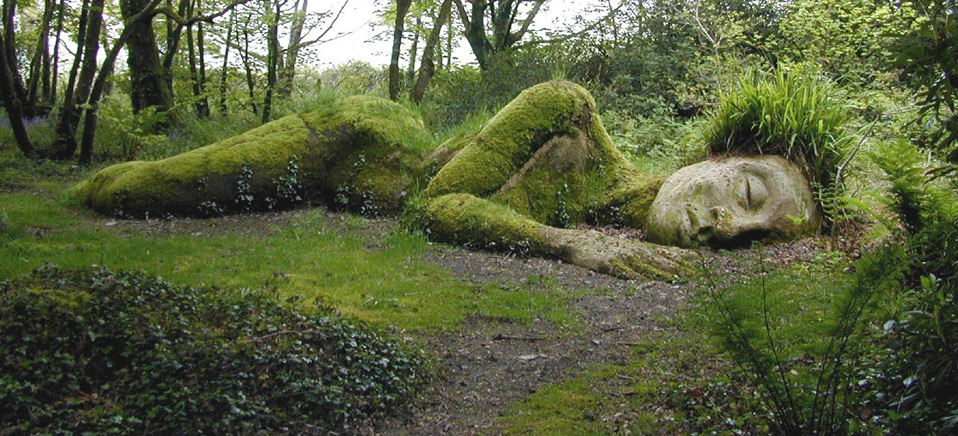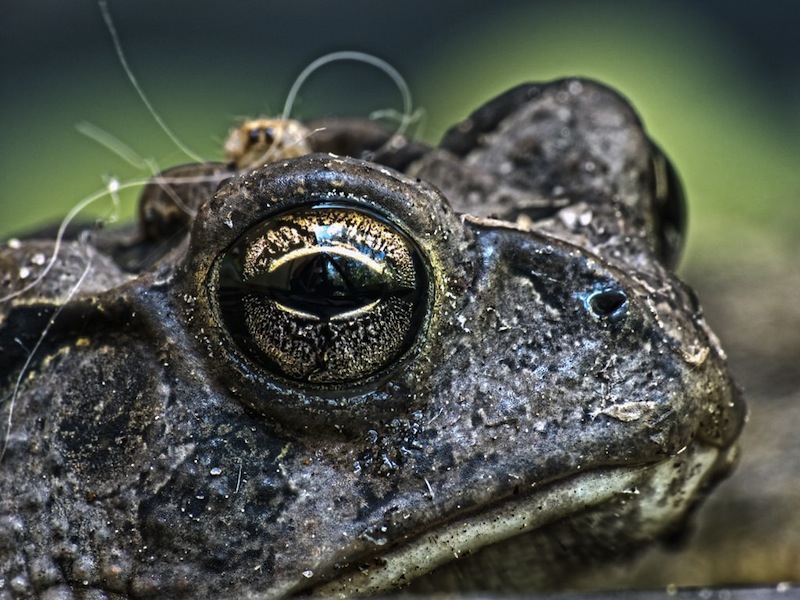Placemaking and the Garden
Tom Sturch
 The yard that envelops my dentist's building is a shade garden that can only be seen from his treatment rooms. Deep green foliage bobs and sun beams play as breezes tousle the leafy canopies. Dental chairs in each room face tall, broad windows that look out on the garden. Each view is peaceful and verdant though the remaining sensations are clinical: the reclined leather chair, the focused light, the antiseptic smell of the room.
The yard that envelops my dentist's building is a shade garden that can only be seen from his treatment rooms. Deep green foliage bobs and sun beams play as breezes tousle the leafy canopies. Dental chairs in each room face tall, broad windows that look out on the garden. Each view is peaceful and verdant though the remaining sensations are clinical: the reclined leather chair, the focused light, the antiseptic smell of the room.
This separation registers in me as a dissonance, a counter-intuitive gift, that we live in view of an Edenic garden and remember its fruit as we suffer our failing teeth. We have tasted what creation can be in our work, our relations and with God, and we desire it be that way forever. Once it was all joy and now we must count it so. Once we lived where heaven touched the earth and now we gather in worship. Once we ate from the King's garden and now we work for it. Once as near-gods we walked with God, now we lift our common longing in the cool of the day.
Moses considered all this in his words to the Israelite people. The great creation stories that came before held a low view of humanity, save for its royalty. He knew those stories and understood their power to influence a people. So when he told the story of Yahweh's creation, he began in an ordered garden and the animals that had been the inspiration for Egypt's gods were under the dominion of mankind. And more, the One God of the earth and stars would be present in creation and still far above it. It was a polemical declaration of independence from the many impetuous, hungry tyrant-gods they left. And it conveys to us that it was the place where humanity lived in creative harmony with the Creator and where the people that labored in the garden were free to feast in it.
We sense its reality somehow, and likewise, we feel despair with Adam and Eve as they must leave it. We may imagine those days begin as a fast where they spend endless hours in a shadeless plain dirtying their knees digging and planting. We may watch them as they lie prostrate before the fiery swords of the cherubim, mimic the blood sacrifice that covers them still and offer a captured fowl in meager penitence. There they may pine into the night for restored intimacy with their Maker. And when they can no longer endure the pain of hunger, they may eat the burnt bird and suffer again its reminder of their sin. This, day on day, as they wait for the seed of the earth to bear, is not foreign to us.
Moses' great story taps the origin of our own emptiness and desires. Yet, is it true? Was a man made of dust? Does a snake talk? Did Eden exist? What does its mythology do to its truth? Might these details build a wall around the garden that limits its access?
There is a way in which the question of its literal nature does not matter in that we easily find ourselves whether in the garden or outside its gates. This does no harm to its historicity which we cannot know. But, in this way it is more real and present to us than any capability of fact could imbue.
In another way its other-worldly impossibilities help us focus on what's important. Moses' world is our world and what's extraordinary is its ordinariness. We long. We desire. We go on. We hope. And he invites us to enter the garden as our own place of beginning, seed it with our own details and tend it as it flowers and fruits.

